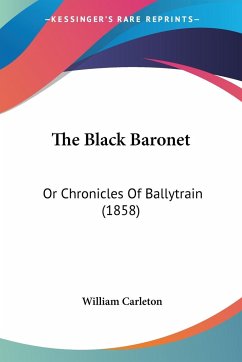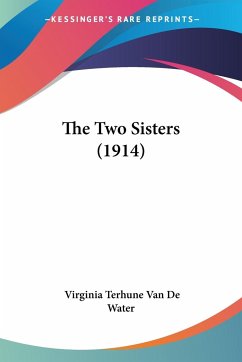
The Family at Gilje
Versandkostenfrei!
Versandfertig in 1-2 Wochen
21,99 €
inkl. MwSt.
Weitere Ausgaben:

PAYBACK Punkte
11 °P sammeln!
Captain Jæger is the well-meaning but temperamental head of a rural family living in straitened circumstances in 1840s Norway. The novel focuses on the fates of the women of the family: the heroic Ma, who struggles unremittingly to keep up appearances and make ends meet, and their eldest daughter Thinka, forced to renounce the love of her life and marry an older and wealthier suitor. Then there is the younger daughter, the talented and beautiful Inger-Johanna, destined to make a splendid match - but will the captain with the brilliant diplomatic career ahead of him make her happy? With great ...
Captain Jæger is the well-meaning but temperamental head of a rural family living in straitened circumstances in 1840s Norway. The novel focuses on the fates of the women of the family: the heroic Ma, who struggles unremittingly to keep up appearances and make ends meet, and their eldest daughter Thinka, forced to renounce the love of her life and marry an older and wealthier suitor. Then there is the younger daughter, the talented and beautiful Inger-Johanna, destined to make a splendid match - but will the captain with the brilliant diplomatic career ahead of him make her happy? With great empathy and affection for each member of the family Lie evokes the tragedy of hopes dashed by the harsh social and economic realities of the day, and the influence of one person who dares to think differently. Both in the landscape and in the characters the wildness of nature is played out against the constraints of culture.













